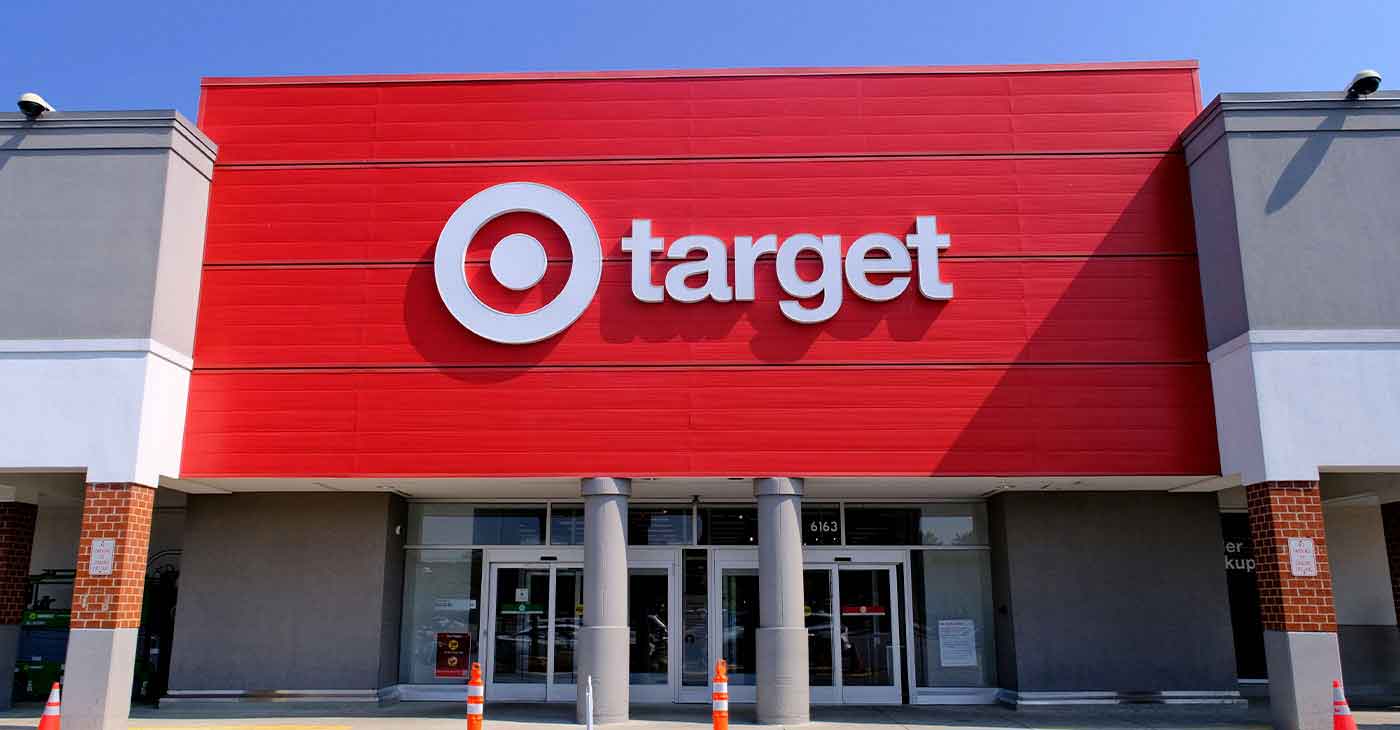‘Target Fast’ Boycott Nears End as Black Shoppers Speak Out: ‘I’m Done for Good’
As the 40-day “Target Fast” draws to a close on Easter Sunday, thousands of Black Americans say the protest has sparked a permanent change in their spending habits—and in their view of corporate accountability. “I’ve been off of Target the last few weeks,” said Wayne Shepherd of Fort Greene, New York.

By Stacy M. Brown | BlackPressUSA.com Senior National Correspondent
As the 40-day “Target Fast” draws to a close on Easter Sunday, thousands of Black Americans say the protest has sparked a permanent change in their spending habits—and in their view of corporate accountability. “I’ve been off of Target the last few weeks,” said Wayne Shepherd of Fort Greene, New York. “Planning on making it a forever thing until I see real change. Same with Walmart, Amazon, etc.” The boycott, organized by faith leaders including Atlanta-based Pastor Jamal Bryant, began March 5 and is meant to protest Target’s decision to scale back its diversity, equity, and inclusion (DEI) programs. While framed as a spiritual fast during Lent, many participants say the economic stand has evolved into something much more significant. “Haven’t stepped in a Target since their rollback and don’t intend to,” said Hayden Towns of St. Louis, Missouri. “Also avoiding Walmart, canceled all of my Amazon subscriptions, and weaning myself off of all Zuckerberg apps.”
Organizers launched the movement through TargetFast.org, encouraging Black consumers to redirect their dollars to Black-owned businesses and hold corporations accountable for walking back racial equity commitments. The site has tracked more than 150,000 participants. Since the boycott began, Target’s stock has dropped over $13 billion in market value, and for the week of March 24, store foot traffic declined 3.8% year-over-year. Bryant noted that Black America stands as the world’s 12th wealthiest nation in spending power. “We are strong consumers with astounding brand loyalty. To see companies that we’ve supported heavily—like McDonald’s, Ford Motors, Amazon, Meta, and Walmart—betray our long-standing relationship is beyond disheartening,” Bryant declared. “The greatest insult comes from Target, which pledged to spend over $2 billion with Black-owned businesses by the end of 2025, only to find out that Target stopped the program at the start of the year,” he stated. Bryant said Black people spend over $12 million a day at Target stores.
“Let’s just keep spreading awareness in case some folks haven’t got the message,” said Bernard Spain of Temple Hills, Maryland. “I live right near Walmart and still see too many Black folks in and out of there.” Rachel Strong in Los Angeles has cut ties completely. “A boycott should function like a strike; making it last a certain amount of time will hinder its effectiveness,” she said. “I’ve permanently cut off Target—switching to local grocery stores and buying fewer things in general. I think we as a people would benefit from consuming a little less.” However, not everyone agrees on the long-term strategy. “My question is, if Target is really the second-largest employer of Black people in the country, isn’t hurting them going to potentially hurt us?” asked Theresa Banks of Macon, Georgia. “Doubly so, since the current admin is cutting fed jobs as much as possible.” Still, the pressure continues to mount. In addition to grassroots action, civil rights groups, including the NAACP and the National Newspaper Publishers Association, have launched their own public education and selective buying campaigns. The NNPA represents the 198-year-old Black Press of America, which consists of more than 250 African-American-owned newspapers and media companies. The Target Fast also includes demands such as restoring DEI initiatives, honoring a $2 billion pledge to Black businesses, investing in HBCUs, and depositing $250 million into Black-owned banks. As Easter approaches, many say the movement is just getting started. “I’m not fasting,” Wayne Shepherd said. “I’m finished.”









